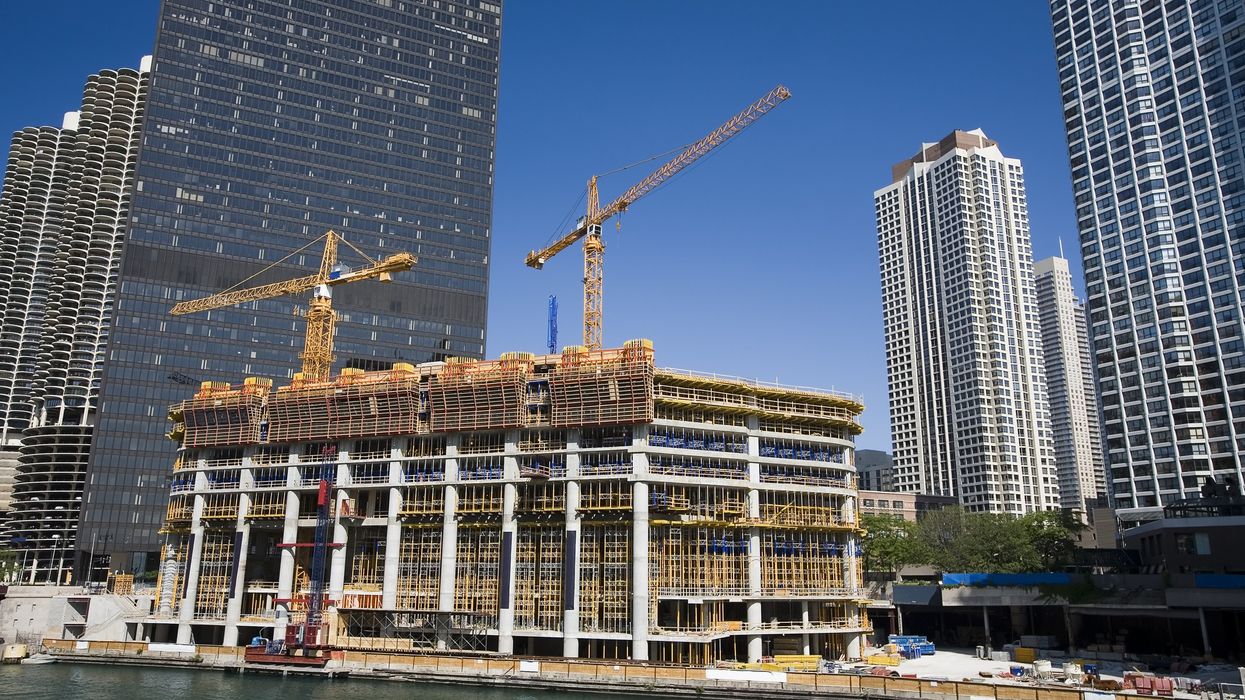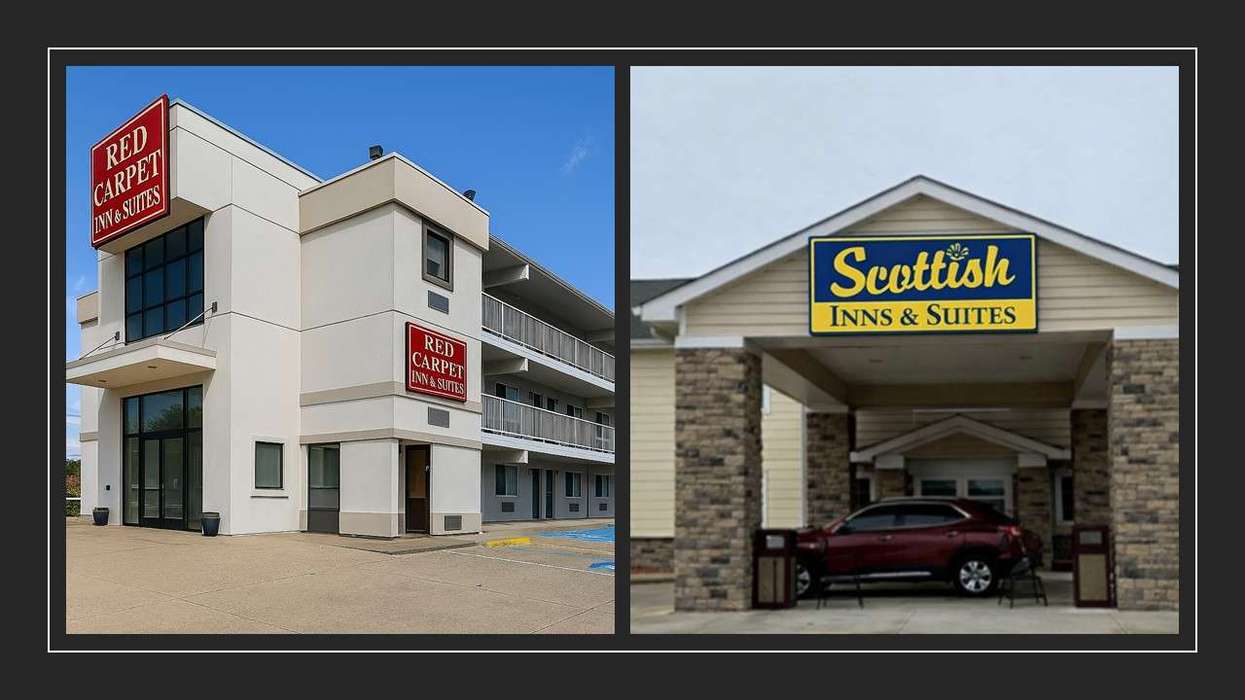U.S. HOTEL CONSTRUCTION increased slightly in December after 25 consecutive months of decline, according to STR. Projects in the later stages of development saw a reversal in their decline and luxury projects were up.
There are 159,344 rooms in construction during the month, up 0.3 percent, over Dec. 2021. As many as 213,066 rooms are in the final planning state, an increase of 15 percent over last year. STR pipeline data added that 240,092 rooms are under planning, a decline of 15.6 percent.
New York City, Phoenix and Dallas are set to see the largest supply percentage increases from current construction. The luxury and upscale segments would see the most supply.
“While the overall pipeline continued to contract year over year, December showed strength in the later phases of development,” said Alison Hoyt, STR’s senior director of consulting. “Over the past year, we’ve seen late-stage pipeline rooms consistently decline from 2021 levels, while rooms in the planning phase often showed double-digit growth. We started to see a change in this pattern in November, when final planning rooms significantly jumped year over year and planning rooms came down pretty firmly. The same occurred in December, with the only difference being construction increasing slightly over 2021. When looking strictly at volume, the in-construction phase has been fairly stable throughout the year, remaining under 160,000 rooms and showing month-over-month increases from July through October and again in December.”
Luxury segment reports the highest increase in hotel construction in December, up 5.3 percent containing 7,241 rooms, followed by upscale, up 4.6 percent with 41,111 rooms and upper midscale, increased 3.7 percent containing 43,946 rooms.
Upper upscale, up 3 percent with 20,140 rooms, midscale, increased 2.5 percent containing 10,766 rooms and Economy, up 0.9 percent with 6,482 rooms are also showing increased activity.
“Given the pricing power luxury chains have had over the past three years, it is no surprise the segments remain at the forefront in terms of projected growth,” said Hoyt. “The chain’s rapid room rate recovery and growth between 2020 and 2022 has led developers to push into the segment.”
New York City leads the construction pipeline with an increase of 8.5 percent containing 10,944 rooms, followed by Phoenix, up 7.1 percent with 4,968 rooms and Dallas, up 5 percent with 4,877 rooms. The construction pipeline increased in Nashville, up 4.8 percent containing 2,746 rooms and Detroit, up 4.7 percent with 2,192 rooms.
“Markets experiencing the highest number of luxury rooms in construction are those that performed well during COVID and/or are strong leisure destinations, with Fort Worth/Arlington, Texas; and New York City leading the list,” Hoyt said. “While NYC also has the most rooms in construction as a percentage of existing supply, the market will likely see a slowdown after ongoing projects are built due to new development restrictions in place. Nashville is also showing signs of a slowdown, so we could expect a shuffle in the top pipeline markets later in 2023.”
In an earlier report, Lodging Econometrics said that the construction pipeline showed positive trends in the third quarter of 2022 as total projects stood at 5,317 containing 629,489 rooms.





